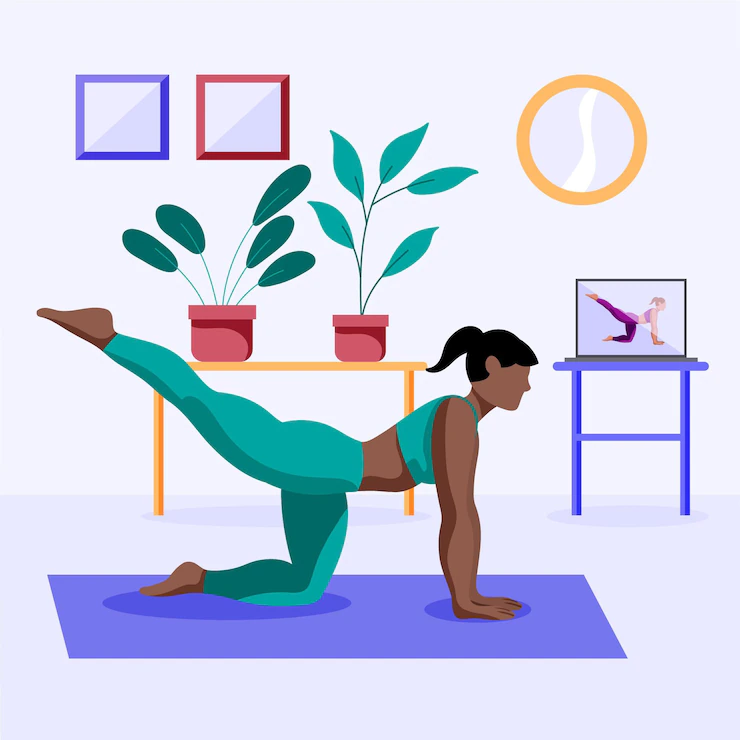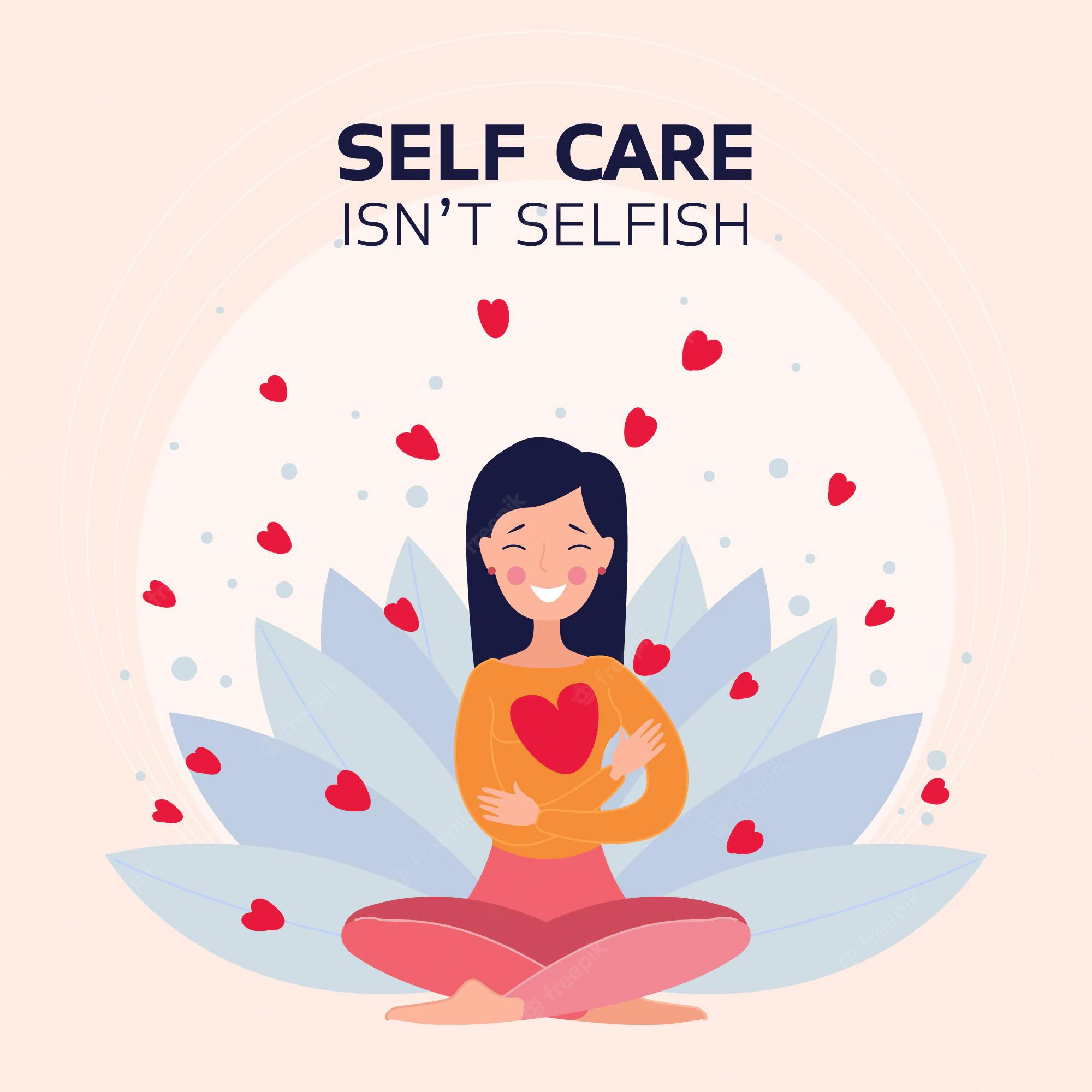Many people mistakenly define recovery as total abstinence – not engaging in consuming any mind-altering substances. And although there’s absolutely nothing wrong with abstinence per se, this perpetuated myth barely scratches the surface. Recovery goes beyond merely stopping the usage: it’s an ongoing process of healing, growth, and self-change, reclaiming the self, re-entering society, and creating a bountiful “new life” for yourself. And self-care is part of the answer, the foundation of everything. For this reason, recovery rehab gives you a rundown on seven ways to practice self-care in addiction recovery.
Why self-care is central in recovery
Substance abuse disorders and addiction may begin as mere experimentation and curiosity, but they’re quick to take over your life and everything in it that is important to you. It doesn’t happen overnight, but the end stage can be mind-blowing, wreaking havoc on every aspect of a person’s life as the substance becomes their main priority and sole focus. Everything, from your mental and physical health to school, work, and family, quickly gets drowned out by the urge to get the next fix. That’s why practicing self-care is essential in recovery.
At first glance, it may sound like an easy task. In reality, many people struggle to swap their old habits for new ones and find healthy ways to take care of themselves.
What is self-care?
Self-care may look different from one person to the next, and that’s okay. For some, it may include taking a long path or treating yourself with a new pair of shoes. For others, it may be doing the dishes or buying a ticket to see their favorite movie after a stressful week.
But if there’s one thing we need to clear up from the get-go, it’s what self-care is not. Practicing self-care is not synonymous with self-indulgence or selfishness. It’s vital to understand that it simply means taking care of oneself so one can be healthier, happier, and well. It also means being able to do your job, be productive, and help and care for others. In other words, it comprises all the things that help those who are battling addiction stay in a good place mentally, physically, and spiritually. You are simply learning to love and care for yourself.
Top ways to practice self-care in addiction recovery
1. Fuel your body and brain
To allow your body and mind to heal, you must provide them with proper fuel. Self-care means taking the time to prepare a healthy, nutritious meal rather than grabbing junk food. Sure, burgers and fries may seem like a way to treat yourself, but it is the opposite as you may feel tired and grumpy later. And wouldn’t you rather feel awake and vibrant? So, choose healthy foods.
2. Get regular exercise
Regular exercise is one of the best self-care practices you can adopt during your recovery. No need to sign up for a marathon or become a gym rat – all you need is a 20-minute walk or a bike ride. That will get your endorphins, those “feel-good” chemicals, running. And this helps to relieve stress and anxiety and diminish pain while, at the same time, triggering positive feelings and improving mood, sleep, and concentration. Also, studies show that regular moderate exercise has several cardiovascular benefits. You know that walk we mentioned earlier? Well, just 20 minutes a day can help offset some of the heart damage caused by alcohol and other substances. So, get up, and get moving!

Regular exercise is fantastic for your body and mind and an excellent way to practice self-care in addiction recovery.
3. Get enough sleep
A good night’s rest is a necessary form of self-care, great for both your physical and mental state. While asleep, your body works hard to heal and repair your heart and blood vessels, thus supporting healthy brain function and preserving your physical well-being. In contrast, not getting enough shuteye may lead to several health consequences, including:
- Trouble concentrating
- Mood swings
- Inability to control emotions
- Higher stress levels, depression, and anxiety
- Suicidal ideation
- Impulsivity
- Increased appetite
- Lowered immune system
- Increased risk of obesity
- Risk of chronic illness
Finally, studies have shown that sleep disturbances and sleep deprivation among those in recovery can put these individuals at a greater risk of relapse.
Therefore, do what you can to keep a regular sleep pattern, as it is beneficial mentally, emotionally, and physically.
4. Be kind to yourself
We all have that inner critic, no doubt about it. Sometimes, this little voice helps us and keeps us motivated; sometimes, it does more harm than good to our well-being – particularly when it enters that realm of excessive negativity. So, listen to the conversations you have with yourself for a moment. Would you ever talk that way to someone that you love? Our guess is – you wouldn’t.
Therefore, make a conscious decision and put some effort into being kinder to yourself. Morning affirmations and gratitude journals have been proven to work well, so you might like to try that. Recovery is hard work, and you deserve self-love and self-recognition for making it to where you are now. It’s a pretty big deal!
5. Take time to relax
Although this is easier said than done, finding ways to relax is widely known to be one of the best stress killers. And keeping stress at bay is precisely what you need at times like this because it is pertinent for maintaining a successful addiction recovery. So, get a massage, go for a hike, reconnect with nature, meditate, get back to your old hobbies, or take on a new one – whatever you like and whatever keeps you relaxed. Do it every day, even if it’s only for a few minutes, but do it. And stay consistent!

Go back to the things you used to love or discover new passions.
6. Surround yourself with supportive people
Your tribe reflects your vibe, they say. And ‘they’ couldn’t be more right. Surrounding yourself with a group of friends or family members who fully support you on your way to recovery is more than essential. A strong support network gives you that much-needed safe space where you can share your story and feelings. And that’s one of the crucial parts of self-care.
What’s more, you can even rely on them to spot your potential or early signs of relapse, help you stay on track, or encourage you to seek professional support to overcome your addiction. And, if you’re going back to drug rehab treatment, they’ll help you find adequate assistance to help you overcome addiction and support you without judgment.
7. Set healthy boundaries
Rebuilding your social life is also one of the parts of this journey. Naturally, some of your friendships have likely been based on the substances you’re working hard to avoid. And with your decision to get sober comes the need to cut off communication with these people, stop hanging out in the same places, and do the things you used to. As difficult as it is, it will help you manage your recovery and avoid the triggers fueling your addiction.
It’s time to find new activities you can enjoy, create healthy habits that will keep you on track, and form new relationships with people who share sobriety with you. Setting new, healthy boundaries is the best way to practice self-care in addiction recovery and protect yourself and your sobriety.

